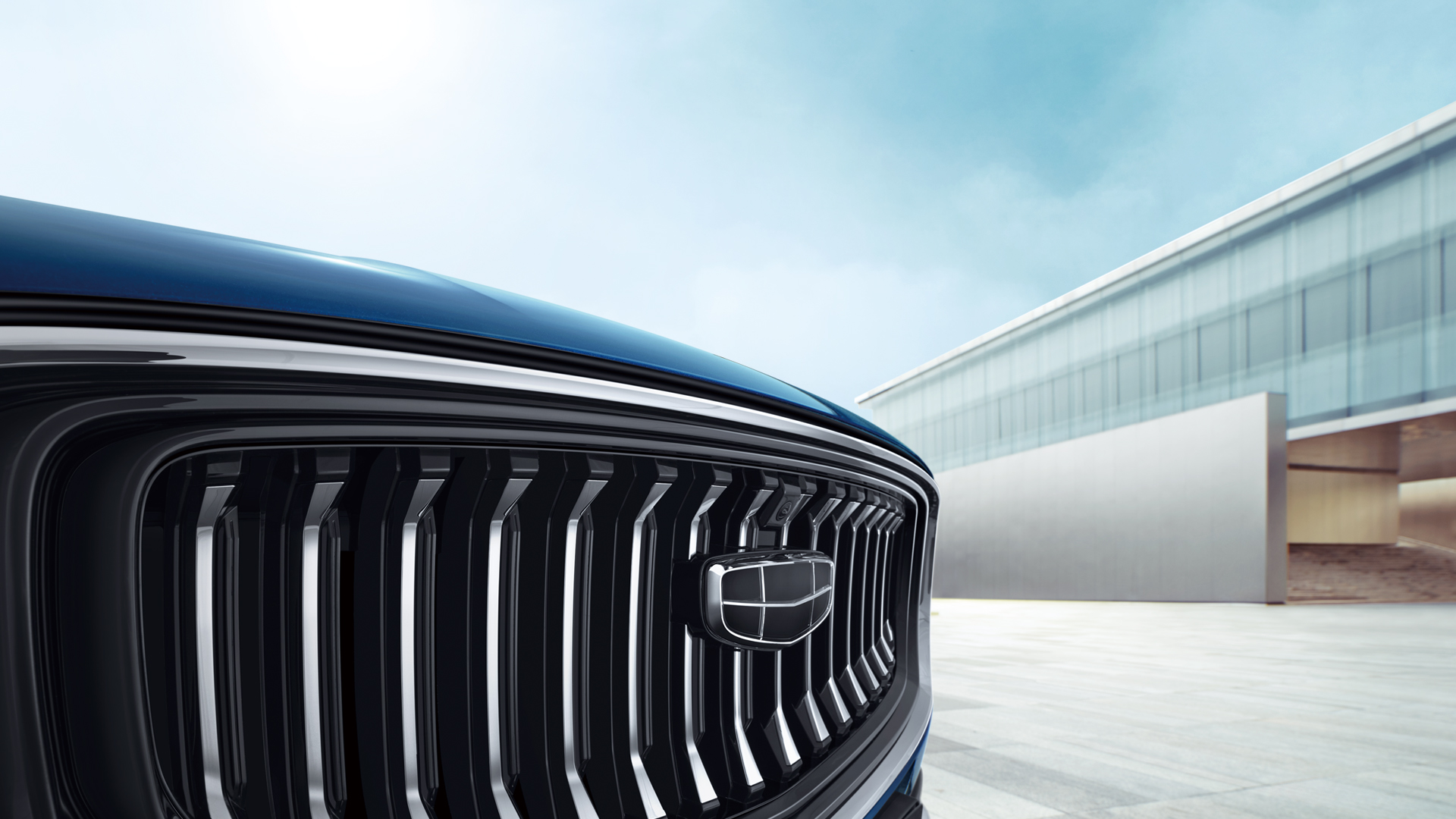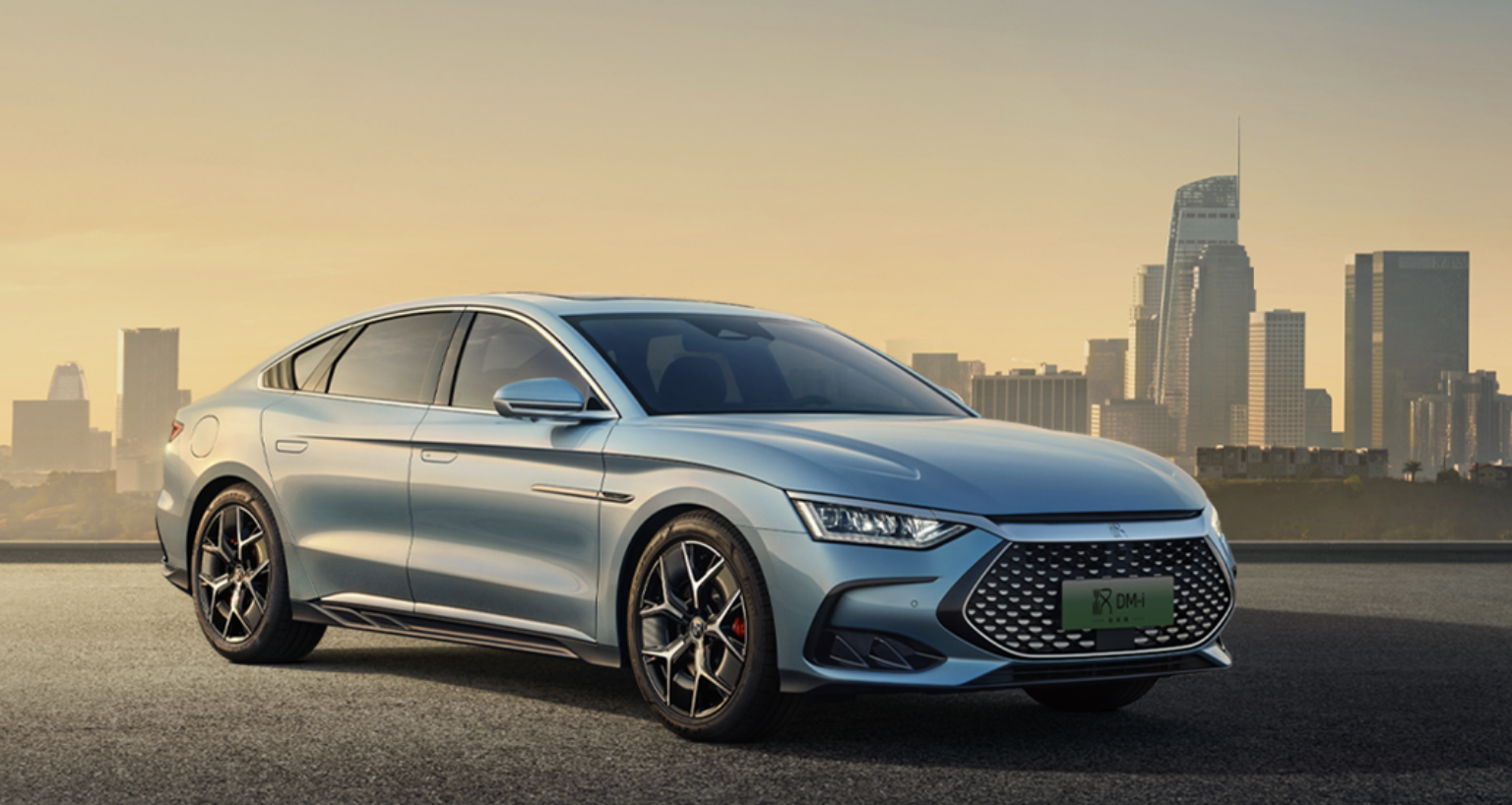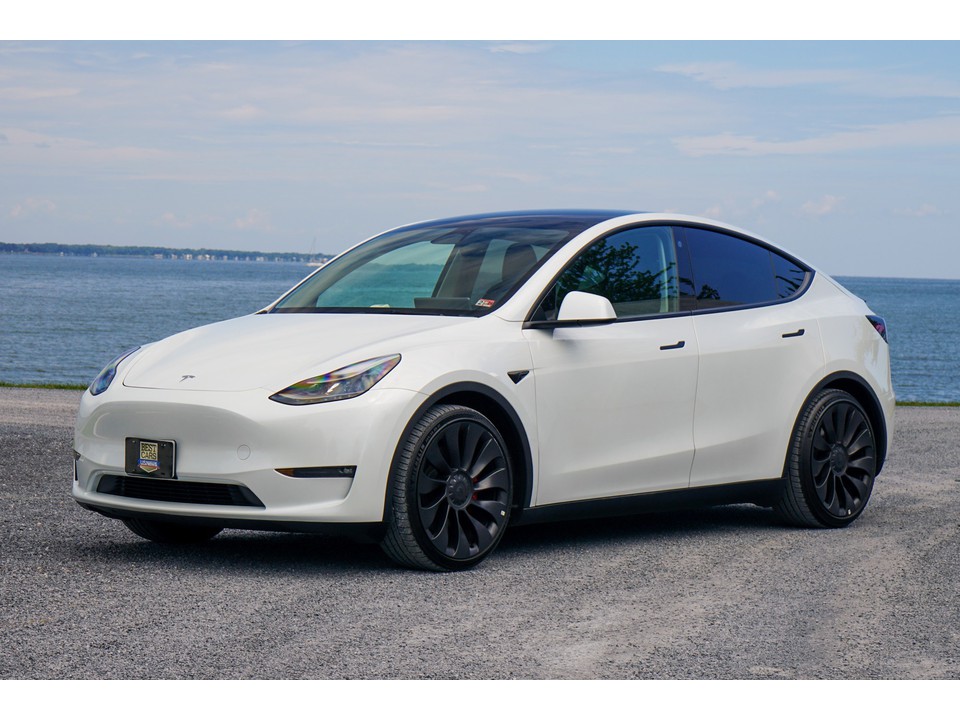BYD is about to surpass Tesla!
BYD's pure electric model sales in the third quarter were only 3,456 units behind Tesla's, and it is only one step away from becoming the "global electric vehicle sales champion".
In the three months ended September 30, BYD's pure electric vehicle sales reached 431,603 units, and Tesla's third-quarter delivery volume was 435,059 units. The gap between the two narrowed to 3,456 units, the narrowest on record. On the one hand, BYD is vigorously exploring new markets and its deliveries continue to rise. On the other hand, Tesla has experienced its first quarterly delivery decline in more than a year due to factory shutdowns and adjustments to production lines.
Specifically, BYD has launched two luxury electric vehicle brands this year - "Yangwang" and "Fang Bao". Among them, the official launch of U8 marks BYD's official coverage of the million-level luxury car market. The company also launched two budget models - Seagull and Dolphin, to attract car owners at different price points.
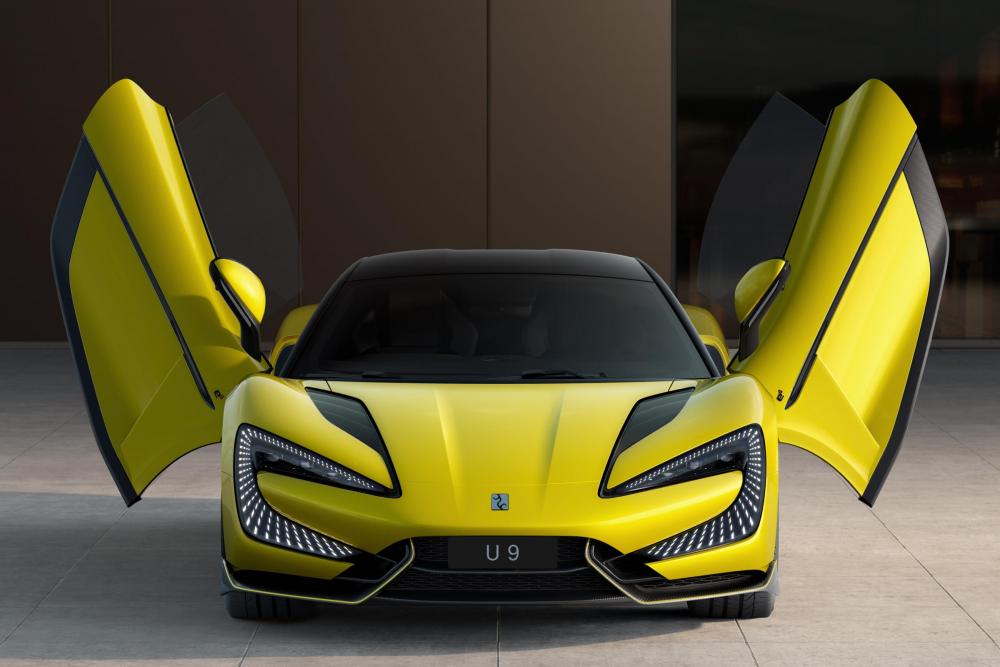
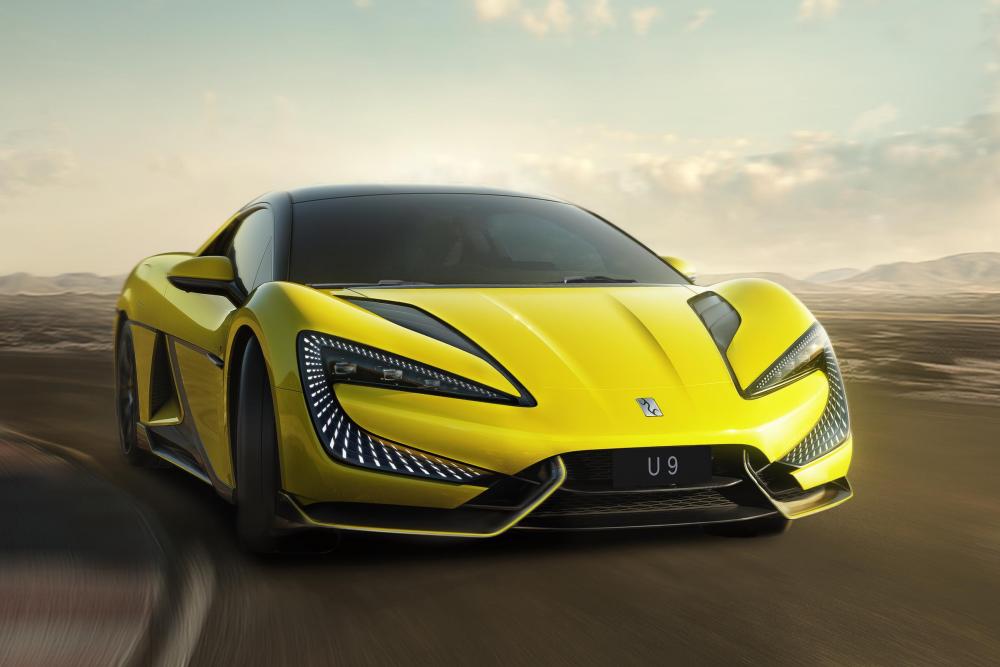
U.S. electrification has lagged behind Europe and China
In recent years, various countries have introduced policies and established goals to promote the development of the new energy vehicle industry. The United States is the world's third largest consumer of new energy vehicles. In 2020, U.S. electric vehicle sales accounted for 11% of the global new energy vehicle market. Due to the weak subsidies and support for electric vehicles in the United States in the past two years, its vehicle electrification speed has lagged behind Europe and China. In 2020, the penetration rate of electric vehicles in the United States was only 2.2%, far lower than Europe and China.
China’s new energy vehicle competition echelon
The new energy vehicle industry is divided based on sales volume and can be divided into three competitive echelons. Among them, companies with sales of more than 100,000 vehicles include BYD and Tesla China; companies with sales between 30,000 and 100,000 vehicles include: SAIC Passenger Cars, GAC Eon, Great Wall Motors, Future Auto, Chery Automobile and Li Auto. Representative new energy vehicle companies with sales of less than 30,000 vehicles include Geely Automobile, Xpeng Motors, etc.
From the perspective of investment strategy, it is expected that under fierce price competition, the passenger car market structure will accelerate the reshaping, and leading new energy vehicle companies are expected to continue to expand their market share by virtue of their leading advantages in new energy technology and industrial chain. The valuations of complete vehicle and parts companies with strong competitiveness in new energy vehicles are expected to rebound.
The competition among mid-to-high-end pure electric vehicles is becoming increasingly fierce, and the mainstream plug-in hybrid model "one super, many strong" has been formed.

 Russian
Russian

